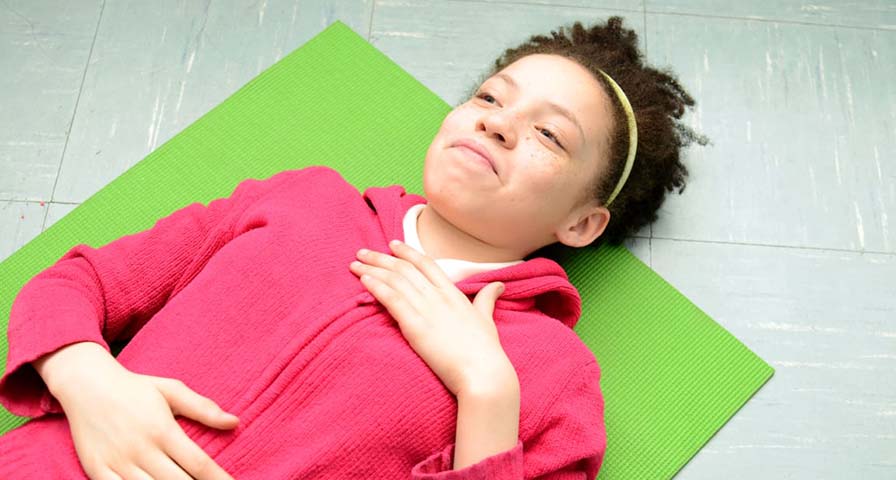Originally published July 23, 2019 by Fast Company.
By Eillie Anzilotti
At schools in lower-income areas, students often report greater levels of stress and anxiety. Outside the classroom, students living in poverty may be more exposed to trying situations, from their family struggling to afford housing and food to witnessing substance abuse. These experiences can add up to what’s known as “toxic stress,” which can continue to affect a child’s mental health and well-being for the rest of their lives.
 Poverty alleviation efforts, like raising the minimum wage and providing a stronger support system for families facing financial difficulties, are the most critical component to addressing the issue of toxic stress in children. But in her time volunteering in low-income public schools in New York City, Nicole Cardoza recognized another way to help students in the nearer term: giving them a healthy way to de-stress in schools.
Poverty alleviation efforts, like raising the minimum wage and providing a stronger support system for families facing financial difficulties, are the most critical component to addressing the issue of toxic stress in children. But in her time volunteering in low-income public schools in New York City, Nicole Cardoza recognized another way to help students in the nearer term: giving them a healthy way to de-stress in schools.
Schools that serve lower-income students often provide kids less time to unwind, either through recess or physical education classes. This fact is often cited in the context of research around childhood obesity and physical health, but a number of studies have found that children learn better and report lower levels of stress if they’re given regular breaks and time to be active.
Five years ago, Cardoza, 29, was at the start of a promising career in tech: She’d learned how to code and was breaking into the industry in New York City. But in her spare time, the trained yoga instructor was teaching classes to students in New York City public schools.
“Yoga is a way to help people feel at home in their body, which is something schools and students desperately need,” Cardoza says. “It helps teach kids to pause and choose how they respond in scenarios and cultivate this sense of inner calm.” When she’d talk to teachers at the schools she volunteered at, she heard them express a wish to be able to have yoga in their classrooms more regularly.
So instead of pursuing a career in tech, Cardoza founded Yoga Foster, a national nonprofit to enable school teachers to integrate yoga into their classrooms. Through Yoga Foster, teachers can sign up for a 15-hour online course that will teach them the basics of yoga, with a particular focus on basic poses and breathing exercises that can be easily incorporated into a classroom setting. Initially launched in New York with just a handful of teachers, around 2,500 educators now participate in Yoga Foster across the country, and Cardoza was named to the social impact organization Summit’s inaugural fellowship cohort last year, along with other social entrepreneurs in need of resources to help scale their work.
Typical yoga teacher training involves at least 200 hours of in-person practice and instruction, but Yoga Foster’s approach acknowledges that the standard training poses a steep time commitment for teachers.
“The online training gives teachers the basics of what yoga is,” Cardoza says.
Through the training, they learn about core yoga poses and how to teach them, but also about youth development and how to apply the practices of yoga to situations in which a student may be stressed or upset. Teachers who sign up go through instructional videos at their own pace, and are also connected to a digital community of other teachers participating in Yoga Foster, as well as staff from the nonprofit itself, for support. Once they complete the online training, they’re given a set of lesson plans that they can implement. These lessons range from a full hourlong class, which is often used for after-school programming or P.E., to short, 10-minute exercises that don’t require a yoga mat and mostly focus on stretching, breathing, and meditation.
Cardoza says that teachers who’ve incorporated yoga into their classrooms report lower levels of stress and anxiety among students and greater engagement with other lessons. The aim of Yoga Foster, she says, “is to be as accessible as possible.” So while the training costs $199, 80% of teachers who’ve gone through it have received grant funding that the nonprofit coordinates to cover the costs. Yoga Foster receives support from CorePower Yoga, a national yoga studio chain, and will be driving a school bus around the country later this year to meet with educators and collect donated yoga mats, which the nonprofit provides directly to classrooms. Cardoza’s goal is to double the number of school teachers including yoga in their classrooms in the near future.
Seeking IHT Spirit System information?
[contact-form-7 id=”3054″ title=”How’d you find us?”]
[turbo_widget widget-prefix=pw_call_to_action&obj-class=PW_Call_To_Action&widget-pw_call_to_action–text=%5Bbutton+href%3D%22ihtusa.com%2Fzone%22%5DIHT+Zone+Heart+Rate+Monitor+Demo%5B%2Fbutton%5D&widget-pw_call_to_action–button_text=]


